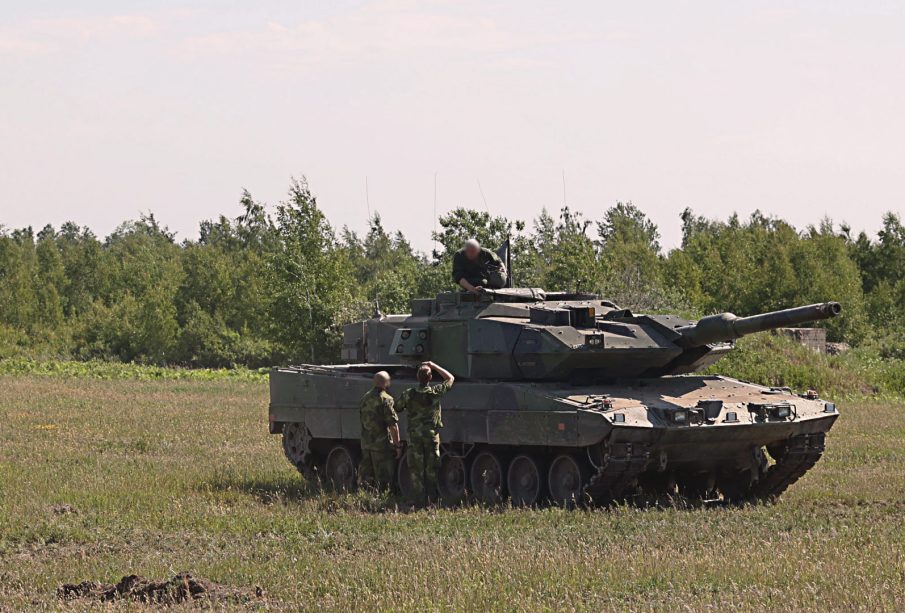Germany’s Ongoing Support for Ukraine Amidst Conflict

Introduction
The relationship between Germany and Ukraine has come under intense scrutiny in light of the ongoing conflict that has engulfed Ukraine since early 2022. As one of Europe’s largest economies, Germany plays a critical role in shaping the continent’s response to the war. The significant military and humanitarian support provided by Germany highlights its commitment to Ukraine’s sovereignty and stability in the region.
Military Support
In recent months, Germany has escalated its support for Ukraine by dispatching advanced weapons systems, including the much-discussed Leopard 2 tanks. This decision followed extensive debates within the German government and is seen as a pivotal moment that reflects Germany’s strategic shift in foreign policy, particularly regarding military support. In total, Germany has pledged to supply over €1 billion in military aid, including artillery systems, armoured vehicles, and ammunition.
Humanitarian Aid
Alongside its military contributions, Germany has been a key player in providing humanitarian assistance to Ukraine. Since the onset of the war, Germany has opened its borders to over a million Ukrainian refugees and has committed substantial resources to aid organisations operating on the ground. In 2023 alone, German humanitarian aid to Ukraine has exceeded €300 million, focusing on shelter, healthcare, and essential services for those displaced by the conflict.
Economic Impact
The war in Ukraine has also led Germany to reconsider its economic ties with Russia. Germany has been working to reduce its dependency on Russian energy sources, pivoting towards alternative suppliers. This realignment has broader implications for Europe’s energy security and economic landscape, emphasising the need for sustainable energy solutions. Germany’s decision to phase out Russian oil and gas aligns with the European Union’s broader strategic goals to enhance energy independence and bolster resilience against future geopolitical threats.
Conclusion
Germany’s response to the Ukrainian crisis is pivotal not only for Ukraine’s immediate needs but also for the future of European security. As the conflict continues to evolve, Germany’s support will likely be crucial in shaping international responses to aggression in the region. The solidarity displayed by Berlin underscores a commitment to uphold democratic values and maintain stability in Eastern Europe, which should resonate across the European Union and beyond. Observers will be watching closely how this intricate relationship develops, particularly as global geopolitical tensions rise.









